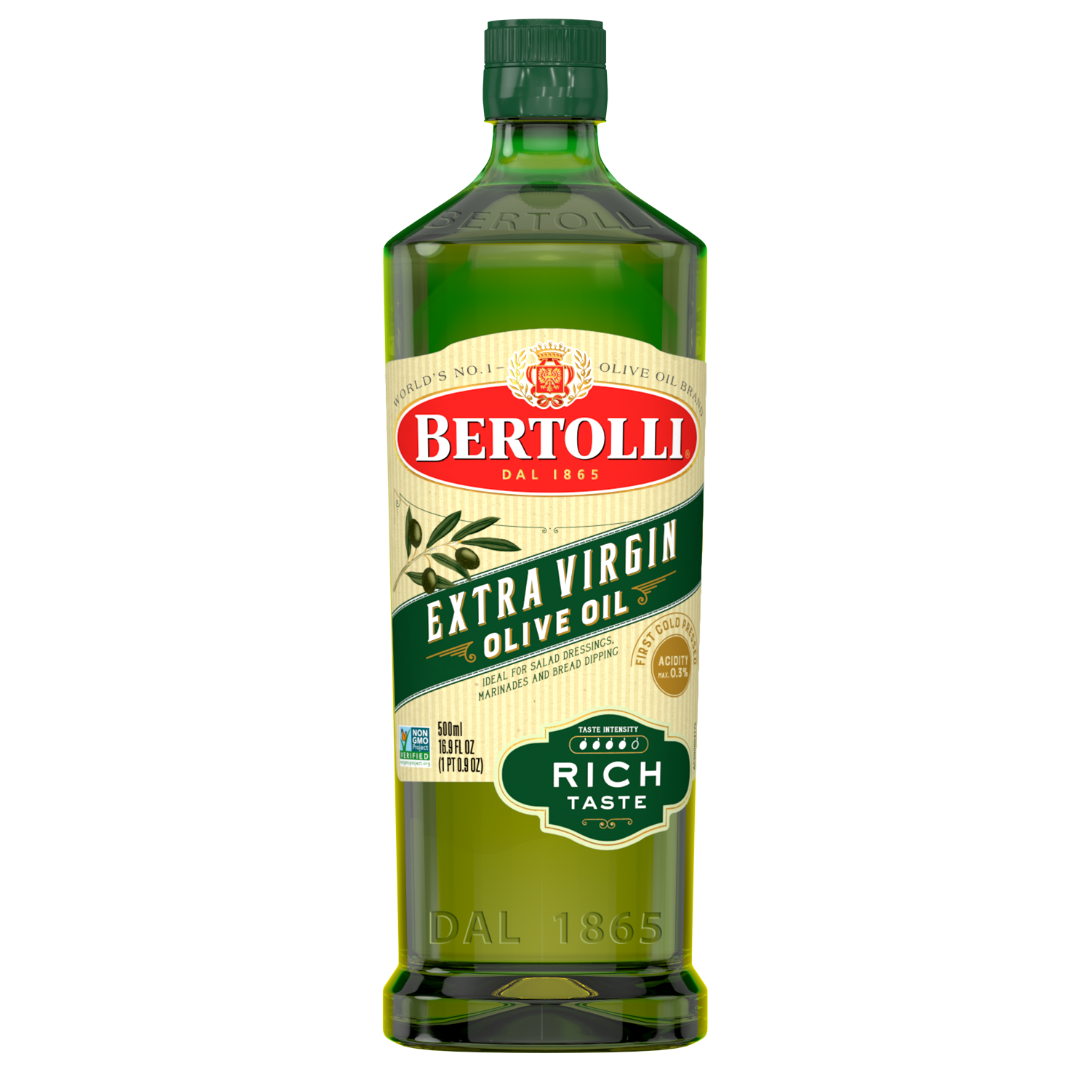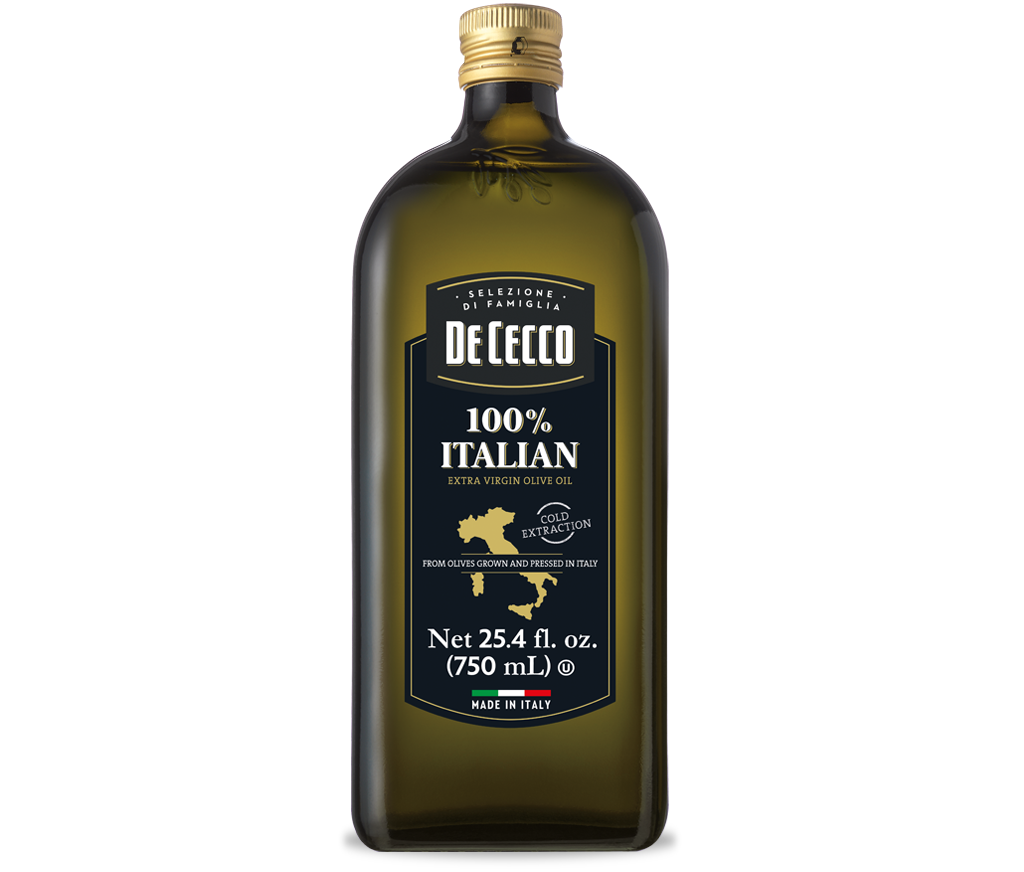Why Extra Virgin Olive Oil Benefits Your Gut and Digestive System
Why Extra Virgin Olive Oil Benefits Your Gut and Digestive System
Blog Article
Exploring the Various Sorts Of Olive Oil and Their Usages, Including Extra Virgin Olive Oil
The expedition of olive oil encompasses a varied range of kinds, each offering distinctive flavors and cooking applications. Bonus virgin olive oil, renowned for its superior top quality and wellness advantages, offers as a staple in lots of cooking areas, yet it is only one element of this multifaceted component.
What Is Olive Oil?
Stemmed from the fruit of the olive tree, olive oil is a staple in Mediterranean cuisine and a vital component in numerous culinary applications. This functional oil is produced by pressing whole olives, causing a fluid that varies in fragrance, shade, and flavor depending on the type of olives utilized, the region of cultivation, and the removal process. Olive oil is predominantly made up of monounsaturated fats, specifically oleic acid, which is known for its potential health advantages, consisting of anti-inflammatory residential or commercial properties and cardiovascular support.
Along with its cooking uses, olive oil has a long history of application in conventional medication and skincare, owing to its rich antioxidant content (extra virgin olive oil benefits). The oil is commonly used in dressings, sauces, and for cooking methods such as sautéing and roasting. Its distinctive taste profile can enhance the preference of different recipes, making it a necessary component for both home chefs and expert chefs
Moreover, olive oil is commemorated for its role in the Mediterranean diet, which is related to many wellness benefits. As recognition of these advantages grows, olive oil proceeds to obtain popularity worldwide as a basic element of a healthy lifestyle.
Kinds Of Olive Oil
Recognizing the numerous kinds of olive oil is vital for both health-conscious customers and cooking enthusiasts. Olive oil is classified mostly based upon its extraction approach and top quality, which considerably affects its health, scent, and taste advantages.

Light olive oil, despite its name, refers to a lighter flavor and not reduced calories. It is perfect for those looking for a much more refined taste in sauces and dressings. Additionally, there are flavored olive oils infused with herbs, flavors, or citrus, which can boost recipes without the demand for additional spices.
Each sort of olive oil offers specific cooking purposes, and recognizing these differences allows consumers to make educated selections that straighten with their food preparation styles and wellness objectives.
Additional Virgin Olive Oil
Additional virgin olive oil (EVOO) is extensively considered the finest quality olive oil offered, renowned for its abundant taste and many health advantages. To be classified as extra virgin, the oil needs to be created from fresh olives utilizing mechanical processes, without the usage of solvents or too much heat. This thorough technique maintains the oil's all-natural tastes, antioxidants, and healthy fats, leading to an item with a low level of acidity degree of much less than 0.8%.
EVOO is bountiful in monounsaturated fats, particularly oleic acid, which is linked to minimized inflammation and boosted heart wellness. It additionally contains polyphenols, powerful antioxidants that might offer protective impacts against chronic diseases. The taste profile of EVOO can differ considerably depending on the olive range and region of manufacturing, varying from grassy and fruity to robust and peppery.

Culinary Use Olive Oil

In cooking, olive oil can be used for sautéing, toasting, and barbecuing, providing a healthier option to butter or various other fats. Its high smoke factor makes it appropriate for various cooking methods, while its antioxidants add to a heart-healthy diet regimen. Showering olive oil over finished meals, such as pasta, fish, or smoked veggies, can raise tastes and add a touch of sophistication.
Additionally, olive oil plays a significant role in baking, where it can replace conventional fats in recipes for bread and pastries, imparting dampness and a subtle preference. It also functions as a base for infused oils, allowing cooks to try out tastes such as garlic, herbs, or chili, better increasing its culinary potential. In general, olive oil's convenience makes it vital in both home and expert kitchens.
Finding High Quality Olive Oil
When selecting top quality olive oil, it's necessary to consider numerous vital variables that affect the item's fragrance, health and wellness, and taste advantages. Firstly, select added virgin olive oil (EVOO), which is stemmed from the first chilly pushing of olives and contains the highest degree of anti-oxidants and advantageous substances. Try to find oils you can find out more that are accredited by identified organizations, as this typically ensures adherence to rigid top quality criteria.
The packaging likewise plays a considerable duty in protecting the oil's stability. Select oils kept in dark glass bottles or tins to protect versus light deterioration. Take note of the harvest date; fresher oils offer exceptional flavor and nutritional worth, so pick products that are within 18 months of their harvest.
Be aware of the preference; a great quality olive oil should have an equilibrium of fruity, bitter, and sharp notes, showing its splendor and complexity. By evaluating these aspects, you can ensure you are selecting the finest olive oil for your cooking needs.
Final Thought
In recap, the expedition of different types of olive oil exposes distinct attributes and applications, with added virgin olive oil standing for the peak of high quality due to its low acidity and high antioxidant web content. Recognizing the different selections of olive additional resources oil allows important link for informed options in cooking methods, promoting much healthier techniques while improving the total gastronomic experience.
Derived from the fruit of the olive tree, olive oil is a staple in Mediterranean food and an essential active ingredient in various cooking applications.The most typical types of olive oil consist of refined olive oil, pure olive oil, and light olive oil.Bonus virgin olive oil (EVOO) is widely regarded as the highest possible quality olive oil offered, celebrated for its rich taste and many health benefits. Opt for additional virgin olive oil (EVOO), which is acquired from the initial cool pressing of olives and includes the highest levels of antioxidants and beneficial compounds.In summary, the exploration of numerous types of olive oil discloses distinct characteristics and applications, with added virgin olive oil standing for the peak of quality due to its reduced acidity and high antioxidant material.
Report this page